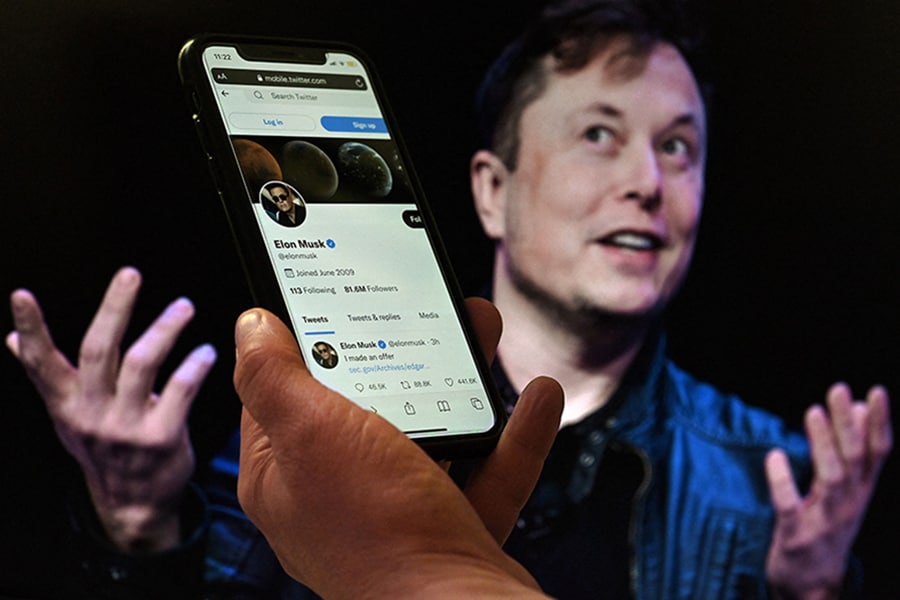
What happens next in Elon Musk's bid for Twitter
Here are some of the major questions that remain about Musk's pursuit of Twitter
 Twitter’s board put in place a poison pill provision in an effort to block Elon Musk, who wants to buy the social media platform
Twitter’s board put in place a poison pill provision in an effort to block Elon Musk, who wants to buy the social media platform
Image: Olivier Douliery / AFP
Over the holiday weekend, Twitter’s board put in place a poison pill provision in an effort to block Elon Musk, who wants to buy the social media platform. The maneuver, which would make it more difficult and expensive for Musk to acquire shares without the approval of the board, will give Twitter’s management time to assess the offer and potentially invite other buyers via a sale process.
At least one private equity firm, Thoma Bravo, is interested, although it’s unclear whether that will result in a formal offer. There are also other actions Musk can take to outmaneuver Twitter’s reluctant board. Twitter’s stock was up more than 2% premarket before the first trading session since the poison pill was announced.
In the meantime, The New York Times' DealBook newsletter discussed some of the major questions that remain about Musk’s pursuit of Twitter:
Will Musk go hostile?
©2019 New York Times News Service







